Japan: 30 Curious Facts That Defy the Usual Myths

Wandering through Japan, I kept finding that the smallest corners reveal themselves slowly – like tracing the grain of wood with your thumb, each groove quietly appearing. There’s the soft hush of doors at dusk, rain beading on a railing, and warm steam fogging a window as a low laugh drifts into the evening air. Beyond the bright postcards, overlooked moments sit in the everyday, and with a little patience they become clear. This post is an invitation to linger with those details, to notice the gentle pauses and the human warmth in places you might pass by. Listen closely and a deeper spirit becomes clear, steady and unhurried.
Where rabbits rule and cameras are the only predators
I didn’t expect to be outnumbered by soft footsteps. Then the ground seemed to shuffle all at once whiskers twitching, ears lit pink by the sun, the faint thump of little hops in the salt bright air. People lowered their voices without thinking, the way you do in a place that’s already peaceful, and the only things “hunting” were lenses that clicked and sighed.
On Okunoshima, there’s a gentle sign at the dock: no dogs, no cats. It feels less like a rule than a promise. The rabbits have the right of way, and something in you slows to match them. I remember a light tap at my shoe and how easily my busy mind unclenched, replaced by grass sweet breath and the tickle of curious noses.
Local legend says their ancestors were test subjects once, set free to start over, and you can sense that story in the paths a small ache tucked inside so much delight. Maybe that’s why the island feels tender at its core: sunlight pooling on clover, the sea breathing steadily around the shore, strangers kneeling as if to meet kindness at eye level. You leave with a dusting of fur on your clothes and the quiet feeling that gentleness, when protected, grows into a world all its own.

A hidden giant dozing quietly beneath temple leaves
It was the toes that got me serene, shimmering, suddenly close. I’d rounded a green, cicada buzzed corner and felt small in the best way, like the scale of the day had quietly shifted. Only then did the rest of him unfurl: the world’s largest bronze reclining Buddha, long and peaceful, a bronze river at rest. At Nanzoin Temple in Fukuoka, the air smelled of incense and damp stone, and a soft hush settled in the shade.
What I loved most was how few people seemed to know it felt quietly looked after. Friends later told me they only heard about that gentle smile once they were back home, and I get it; not every wonder is on the main road. Standing there, feeling dwarfed but not diminished, I remember thinking how comforting humility can be, a steady reminder that the world still has a few surprises.
Why fours vanish in elevators all across Japan
The elevator chimed softly and the brushed steel panel lit up 3, then 5. I remember blinking at the gap where 4 should be, the way the lift seemed to skip a heartbeat. It made me smile – I noticed the empty space more than the glowing numbers.
Later I learned that four is pronounced “shi,” the same sound as “death,” and suddenly the missing button wasn’t a quirk, it was consideration. In Tokyo, hospitals, hotels, even apartment buildings quietly avoid the number, as if to keep a little calm in the day. It felt tender and practical at the same time.
Give it a week and your eyes start drifting to threes and fives without thinking, a small habit that makes you feel folded into local rhythms. I loved that: a whole city choosing to respect a feeling carried by a single sound. The courtesy lingers in the background like a low temple bell.
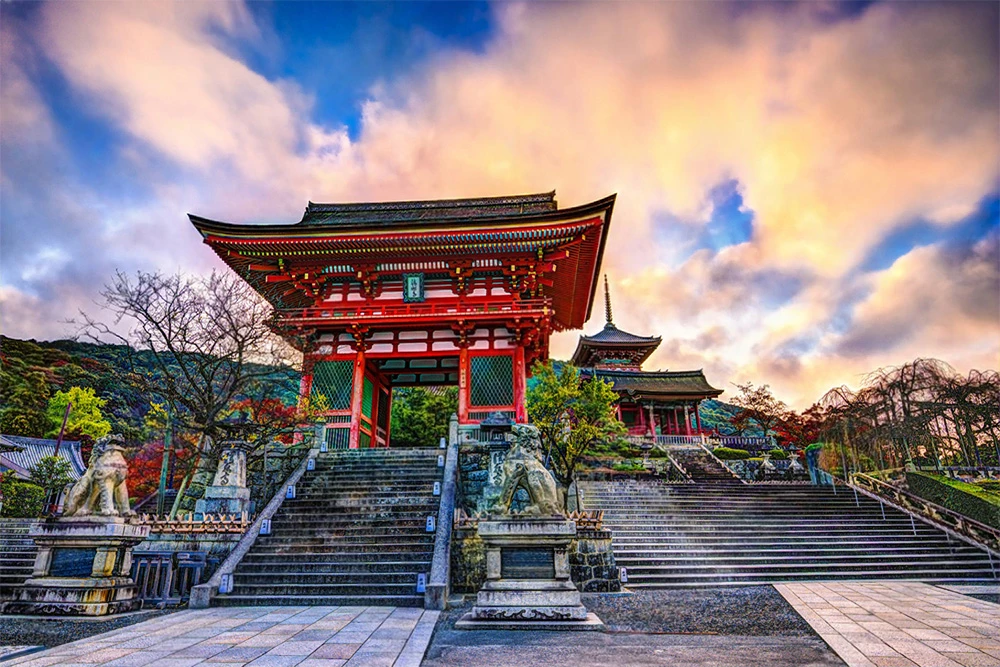
Where shrines and temples share the same breath
I remember the air smelling of cedar and incense, the red of a torii gate glowing softly as a bronze bell let out a round, steady note. It surprised me at first this meeting of worlds in one courtyard until it felt almost obvious, like two old friends finishing each other’s sentences. The gravel seemed quieter there, as if even the ground understood the kindness of sharing.
In Kyoto, some compounds hold both traditions under the same sky, vermilion wood beside sutras, smoke rising beside the hush of prayer. I loved how no one rushed to choose a side; the place itself suggested a quiet duet rather than a debate. It left me with a calm I didn’t know I was carrying home the sense that harmony can be ordinary, and that contradictions sometimes fit together better than certainty ever could.
https://en.wikipedia.org/wiki/Japan
Where whiskers outnumber doors and luck pads softly
The first thing you notice is the hush between waves and purrs riding the sea breeze. Boats rock lazily in the harbor, and on their decks the cats are draped like sun warmed commas, blinking at gulls and fishermen. Somewhere a bell clinks against a mast, and the whole morning feels unhurried and oddly complete.
On Ainoshima there are simply more whiskered neighbors than human ones, and they queue with patient grace when the fish scraps appear. People say these cats tug good fortune ashore, that a good catch and a good day start with a gentle nudge of a nose. Everywhere you look, another small scene unfolds – a calico threading past coiled ropes, a ginger claiming a patch of light – and it all seems to fall into place without any coaxing.
I remember sitting on a low wall, the wood still warm from the sun, salt and dried seaweed in the air, feeling my shoulders let go. It’s the kind of quiet that doesn’t ask for silence, just softness: soft paws, soft light, the lazy clatter of nets. And the surprise is how quickly that softness settles in, as if the island is reminding you that calm can be lively, and luck can arrive on silent feet.
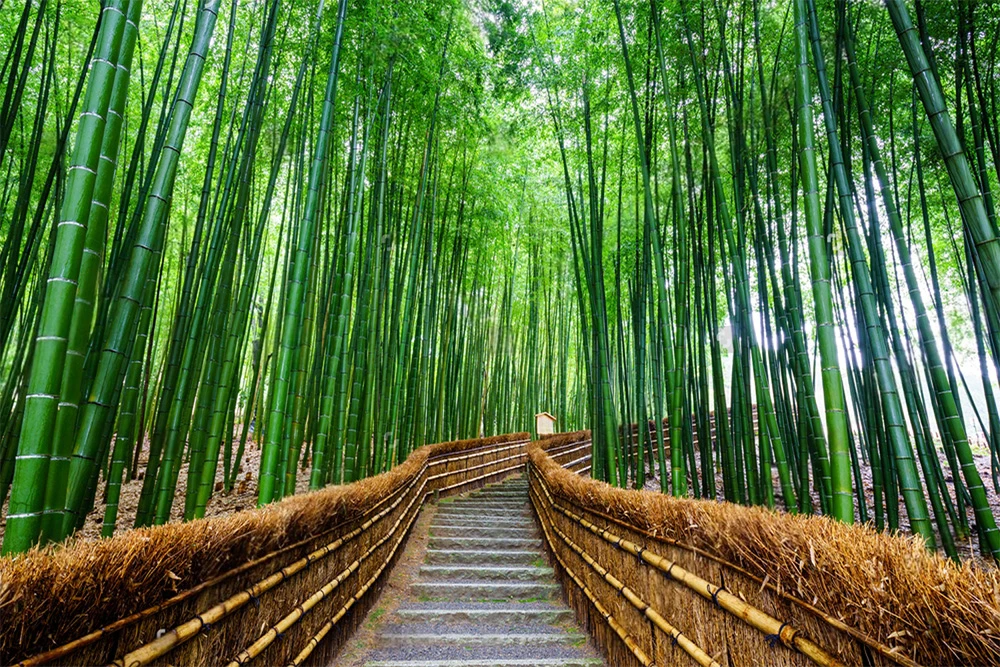
Where scarecrows keep count in a vanishing village
I remember the hush, like someone had turned down the volume of the world. In Nagoro, the company is mostly life sized scarecrows waiting at bus stops, leaning in doorways, resting by fields so many that they outnumber the few remaining people nearly ten to one. The wind tugs at their sleeves, and you hear only fabric whisper and the faint rush of a creek nearby.
They’re all lovingly handmade, each one standing in for someone who moved away or passed on. It’s part art project, part memorial, and it doesn’t feel eerie at all; more like being introduced to neighbors you somehow already know. You notice the tender details button eyes bright with thread, a mended sleeve, a hat tilted with personality and it suddenly feels like the village’s memory has weight and texture.
What surprised me most was how gentle it felt a quiet, homemade way of saying we were here, we mattered, we still belong. Those figures hold space for absence without bitterness, like stitched memories weathering patiently in the sun and rain. In the quietest town I’ve ever known, I caught myself speaking in a softer voice, grateful for the odd grace of a place that remembers its people by keeping them company.
Japan’s vending machines go far beyond thirst
It still makes me smile to find dinner, a dry umbrella, or a crisp sealed shirt humming behind glass. Steam curling from a ramen cup on a winter sidewalk, the faint sweetness of a banana at midnight these small comforts appear with a whir, as matter of fact as the streetlight above. The surprise never fades: the everyday made effortless, the ordinary offered up like a gentle nod.
Some of these boxes have family histories, tended on quiet country lanes where cicadas sing, while others glow beside neon and late trains in Tokyo. I once noticed a rural machine blinking patiently beside a field, stocked with care you could almost feel. They’re friendly robots in the best sense reliable, a little endearing, always ready with what you didn’t know you needed.
What gets me is the trust beneath it all. There’s a quiet kindness in a place that anticipates your odd hour troubles and solves them without fuss. In that soft exchange coins, a click, a warm cup you feel the rhythm of the culture: considerate, practical, and human, like neighbors who don’t sleep but keep an eye out just in case.
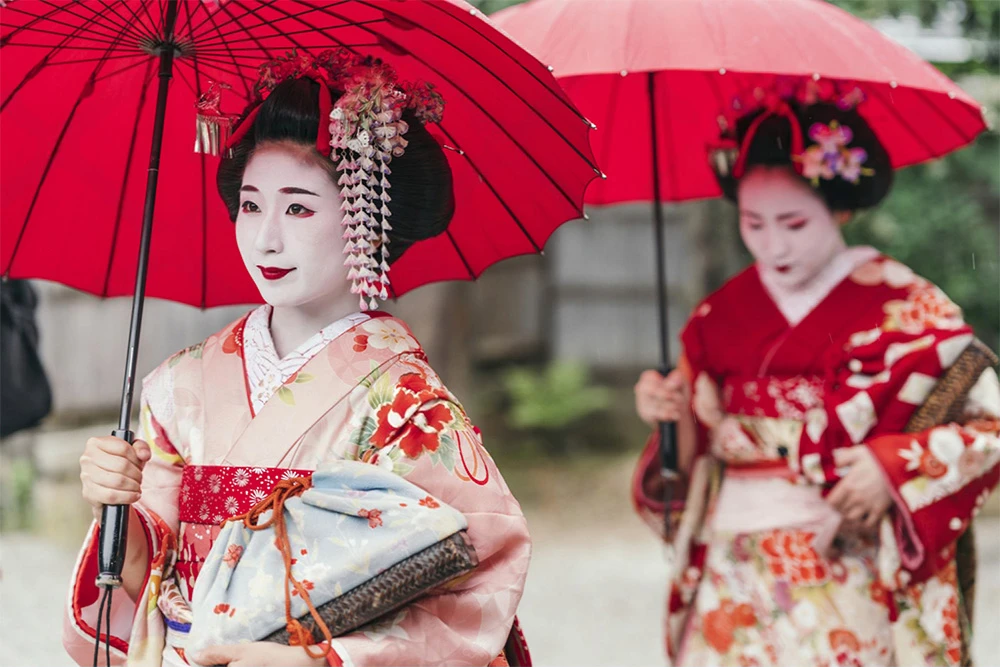
Renting companionship in a city of quiet crowds.
It still startles me that you can hire a wedding guest, a stand‑in sibling, even a friend for Tuesday coffee like ordering warmth on a day when the wind bites. I once sat near a ceremony where the applause felt fuller than the guest list, the air sweet with lilies and nervous cologne, and I wondered how many hearts were real, how many simply borrowed for the afternoon.
In Tokyo, there’s an entire industry of gentle performers who step into the spaces we don’t know how to fill. They learn your stories, laugh at the right moments, and hold silence without letting it harden. It isn’t a trick so much as choreography for feelings, a city as stage way of acknowledging that sometimes we need witnesses more than we need explanations.
What stays with me is how tender it is, really this quietly creative answer to loneliness. Under neon that hums like a lullaby and the soft chime of closing train doors, people choose presence, even if it’s arranged. A borrowed constellation of people still gives off light, and for a night, that glow can be enough.
A thousand deer, bowing back for biscuits offered
I remember the surprise most the way a velvet nose dipped with deliberate grace when I bowed, as if we’d agreed on manners long before we met. Hooves clicked softly on the path, leaves hissed in a slow breeze, and the cracker in my hand smelled faintly of warm wheat. The deer watched with calm, tea brown eyes, then lowered their heads again, like little courtiers practicing old etiquette under a sky that keeps every secret.
In Nara Park, that simple exchange feels older than the temples, a small hinge between myth and morning. It’s funny how a bow can make you stand a little straighter, how the crowd hushes into giggles and soft ahhs, and how the line between wild and human blurs into trust. I walked away thinking the world hadn’t become magical it had just remembered its manners, and for a moment, so did I.
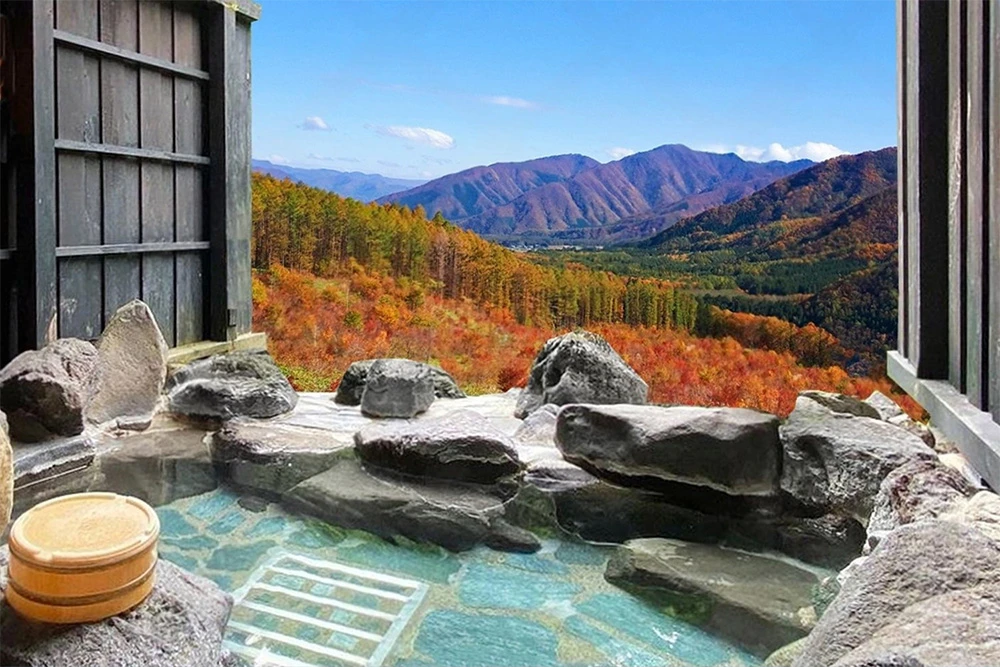
Samurai etiquette in a whisper of tea
I remember cradling the warm bowl and feeling the room slow, as if time exhaled. The faint straw scent of tatami, the soft rasp of a bamboo whisk against froth, the sigh of a sliding door – everything seemed tuned to the same hush. Even the first sip felt like a bow you make with your whole body.
People say the old samurai code lingers here, not in armor but in small courtesies: a sleeve folded just so, a sweet set at a quiet angle, a tatami mat eased beneath your knees so you’re cared for without a word. In Kyoto I realized chanoyu asks for a lifetime; some tea masters spend decades learning how to raise the whisk, how to settle the room with a single movement. It made me sit a little straighter and listen harder, a reminder that real respect can be gentle and steady, like a poem without words.
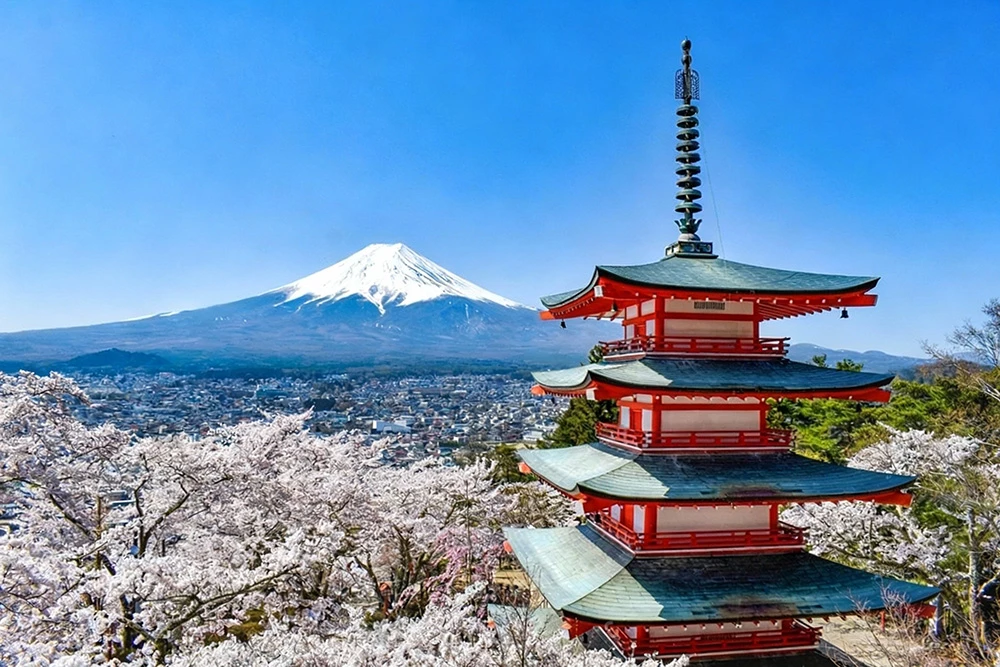
Demons out, fortune in, with flying soybeans
I remember the tap tap of roasted soybeans skittering across the floor and the burst of voices: “Oni wa soto! Fuku wa uchi!” Demons out, fortune in. Even knowing it was a game, my shoulders softened, like the house itself exhaled. Kids squealed, elders smiled, and the air smelled faintly toasty, warm as a kitchen on a good day.
In Kyoto, they told me the point isn’t the strength of your throw but the welcome in your voice. You send the old worries toward the door and call the good things inside, right into the kitchen and the quiet corners. I loved that a festival could fit inside four walls roasted beans clicking off doorframes, laughter ricocheting down the hall and that something so small could feel protective, like a pocket charm.
Later, counting the lucky beans and chewing thoughtfully, I realized how tender this ritual is. It says life can lean toward better days with simple ingredients and shared words. For a while afterward, the rooms even feel lighter.

Fishing Your Own Dinner, Right Beside the Chef
I didn’t expect dinner to look back at me. Lantern light floated over wooden beams, and the room smelled faintly of tide and cedar. Beneath the floor’s edge, indoor pools shimmered with silver flashes, the kind of brightness that makes you swallow and smile at the same time.
In Asakusa, they hand you a line and a little courage. The tug was quick and electric, and the whole table went quiet the way it does before a laugh. Minutes later, a chef stood close, his knife moving like a quiet river, shaping slices that still tasted of open water.
What stayed with me wasn’t the novelty, but the honesty of it: eating becomes a conversation with what feeds you. Time slows to the rhythm of ripples, and you taste freshness as a kind of tenderness, something earned and honored. It feels playful yet reverent, a small ritual that makes the simplest bite feel unforgettable.
Where you leave your lens and keep the moment
It feels odd at first, tucking the phone away and trusting your eyes to do the keeping. Then the street seems to exhale. Lantern light pools on wet stones, sandal steps tap softly, and the air smells faintly of incense and cedar, as if asking you to listen more than look.
In Kyoto’s Gion, a few narrow lanes ask for no cameras, a small boundary to protect the quiet, private world of geisha and maiko. I remember feeling unexpectedly grateful for that line in the sand; without the reflex to frame and share, the evening opened like a soft curtain, and everything felt closer, more human, more tender.
What surprised me most was how much longer the details stayed crimson glow on wooden eaves, a rustle of silk turning a corner, the hush that lingers after footsteps fade. Memory can be a careful lacquer, catching the light just enough to last, and in that pause I understood the spirit of the place: beauty offered, not captured, and grace that arrives when you let it remain its own.
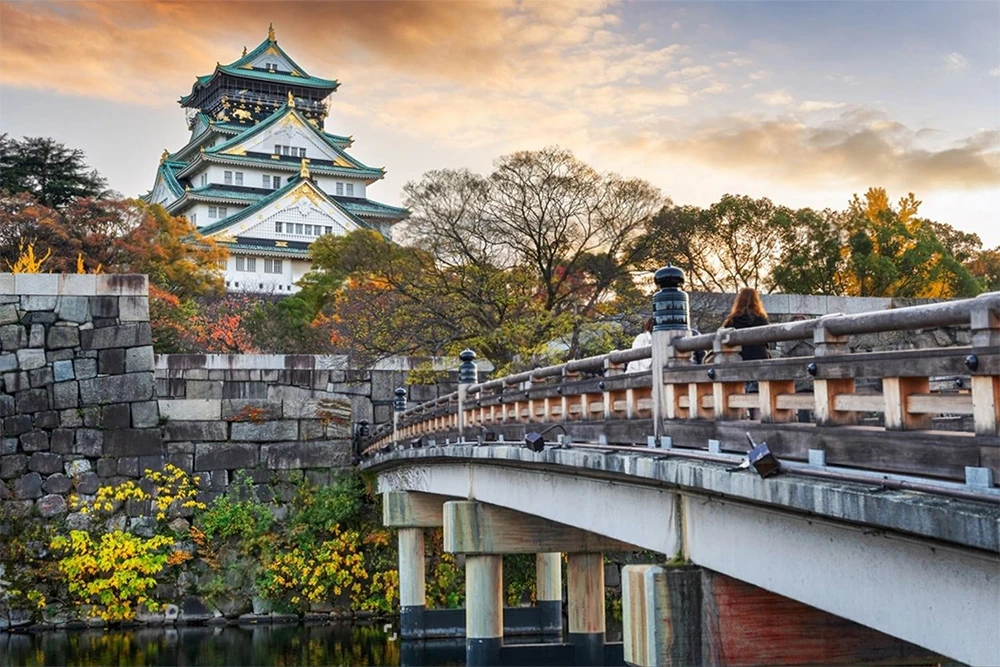
Tattoos and the Quiet Codes of Onsen
The first thing you notice isn’t the heat; it’s the hush. Cedar breathes its clean scent, minerals tint the air, and steam rises in gentle sheets. When you sink in, the water feels like a soft hand laid over the day, asking everything noisy in you to settle.
Then there’s the matter of ink. If you wear tattoos, they can suddenly feel louder than your voice – not because anyone points, but because history does. The old shadows of the yakuza linger, and many baths still watch ink with caution. In Hakone, I remember a sign that didn’t scold so much as whisper the past, while a newer place down the road quietly made room – a discreet nod that said, we’re learning.
Navigating that unwritten code felt like a small initiation, not into rules, but into attentiveness. It taught me to read the room, to hold myself lightly, to understand how belonging here is a gift you accept by listening. That’s the beauty of it: in this country of steam and silence, respect is the ticket, and the water meets you halfway.
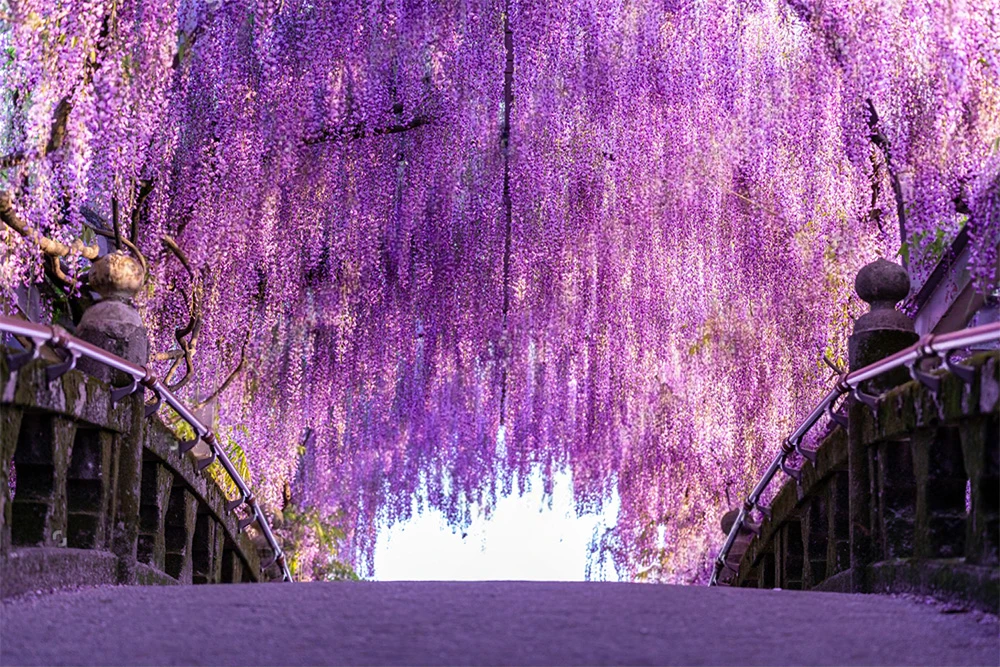
Where seconds matter, even apologies arrive on time
I once stood on a platform, the air smelling faintly of warm tea and metal, when the doors sighed shut and the train slipped away a breath early. A soft chime, then the conductor’s voice, steady and honest, apologizing for leaving seconds ahead of schedule. In Tokyo, you feel it how the whole system beats like a metronome in a quiet room, and everyone listens.
What amazed me wasn’t the precision, but the tenderness behind it: if a train is late by even a minute, they hand out little certificate notes so your boss or teacher will know you weren’t at fault. The paper is thin and polite, and it feels like holding a tiny pledge that time here is a shared promise, not a weapon. I remember tucking one into my wallet and thinking how rare it is to see efficiency turn into kindness, and how a city can make punctuality feel like care.
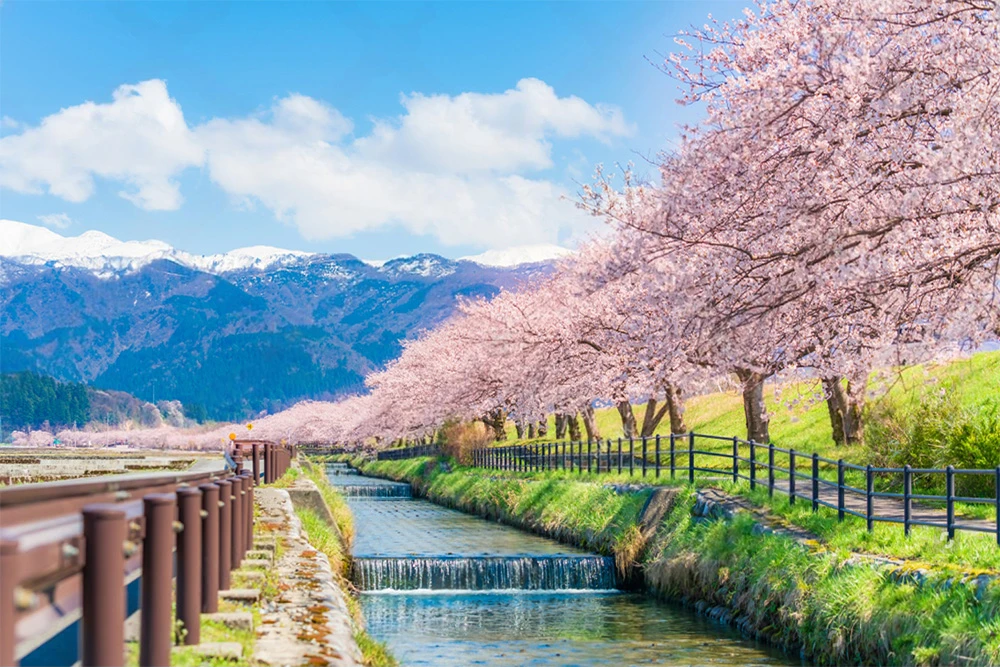
Hedgehog fences against bold, roaming forest boars
I didn’t expect to giggle at a fence, but there it was rows of prickly, hedgehog shaped stakes along a quiet path, small and oddly endearing. In Nara, once the ancient capital, the story goes that wild boar grew bold enough to roam the streets. Suddenly those playful spikes felt both practical and tender.
I love that the solution wasn’t a grim wall, but a hedgehog something a child might draw, turned into real protection. On the rural hiking trails, these fuzzy guardians still sit between ferns and moss, their spines catching light like a row of sunlit needles. There’s a softness to that choice, a sense that the city once worked with the wild rather than tried to erase it.
Once, while wandering there, I felt a hush I can’t quite explain the past close and calm in the trees. It’s funny how a fence can teach you about compromise, about living side by side with the creatures that also call this home. Maybe that’s the charm of it: a practical fix that became a small lesson in respect.
Ikebana’s calm in the heart of bustle
It’s funny how the quietest part of an arrangement is the part that stays with you. In ikebana, the empty space around a single stem feels deliberate, like a held breath, and somehow that hush makes the colors brighter and the curve of a branch more tender. I remember noticing how the silence between leaves felt as important as the leaves themselves, the way a pause in music lets the next note bloom.
Across small studios and gentle classrooms, the practice seems to teach your eyes to rest. The room might smell faintly of tatami and damp earth, the only sounds a soft snip and the whisper of petals settling, while outside Tokyo hums without apology. A teacher once said to treat space with the same care as the blossoms, and it made immediate sense the emptiness is where your mind can stand still for a moment.
What surprised me most was how that attentiveness turns into a kind of daily grace. You walk out carrying a quieter pulse, a mindfulness that feels like clearing a small shelf in your head. Even in a crowded city, ikebana leaves a trace of minimalist poetry behind you, a reminder that beauty isn’t just what you add, but what you choose to leave open.
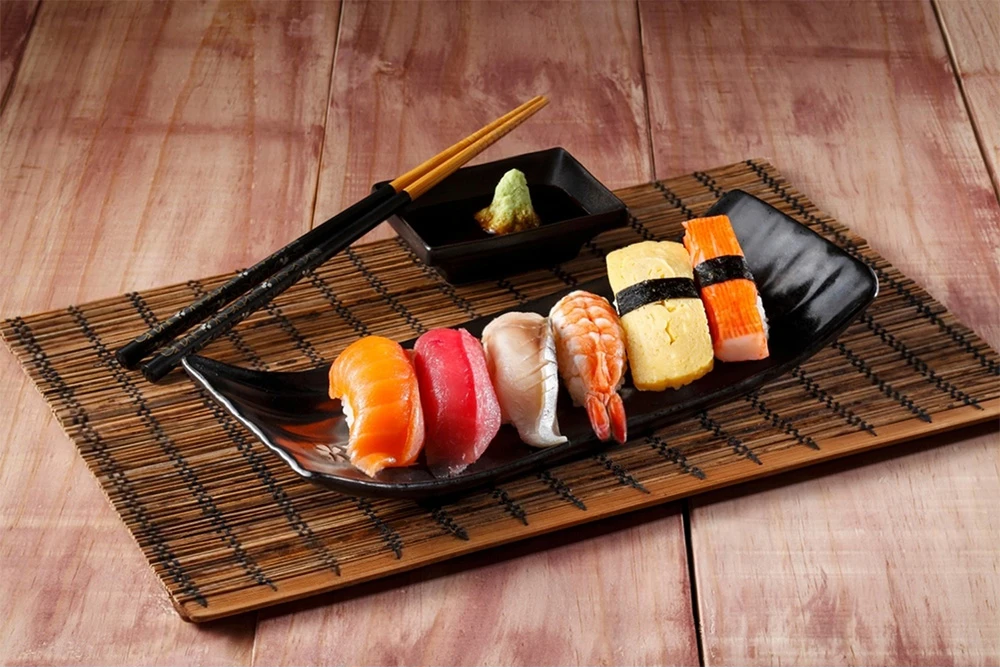
The day a roller coaster asked me to pedal
I didn’t expect a coaster to make my legs part of the story. The seat was a simple little bike, a narrow rail ahead, and the wind already testing my courage. One push, the chain murmured, and the sky seemed to lift a little, as if giving me room to breathe.
Up there in Okayama, somewhere between rooftops and a haze of distant water, the view and the effort met in the middle. Sun on my shoulders, a soft salt taste in the air, the steady click of gears keeping time with my heartbeat there was no plunge or scream, just a quiet pact with gravity. You choose your pace, and with it your thrill, which feels oddly tender for something so high.
I remember laughing at how simple it was: pedal for wonder. The burn in my thighs became part of the memory, the way some places ask a bit of you so they can give more back. It’s the only ride I’ve known where you arrive breathless for two reasons, and both feel like the right kind of joy.

The Catfish Beneath Japan’s Quiet, Ever Trembling Floor
It’s oddly comforting, isn’t it, to imagine a shape to fear. Long before fault lines had names, people here spoke of Namazu, a giant catfish that shuddered beneath the islands, sending tremors through everyday life. I remember someone once likening the archipelago to a vast tatami mat, and the quakes to the fish adjusting its weight in the dark.
In Tokyo I came across a small shrine charm painted with a plump, whiskered fish lacquered wood, a smudge of vermilion, the faint scent of incense clinging to it like memory. It wasn’t just superstition; it felt like tenderness, a quiet plea to the world: go easy on us. The little talisman promised nothing and yet offered a kind of companionship, the way a story sits beside you when the ground has its moods.
What surprised me most was how naturally it lives alongside seismographs and phone alerts. Science tells you when the tremor might arrive; Namazu tells you you’re not alone when it does. That mix feels very Japan to me practical and poetic at once like a hand on your shoulder in the dark, steadying you until the waves in the floor run out.
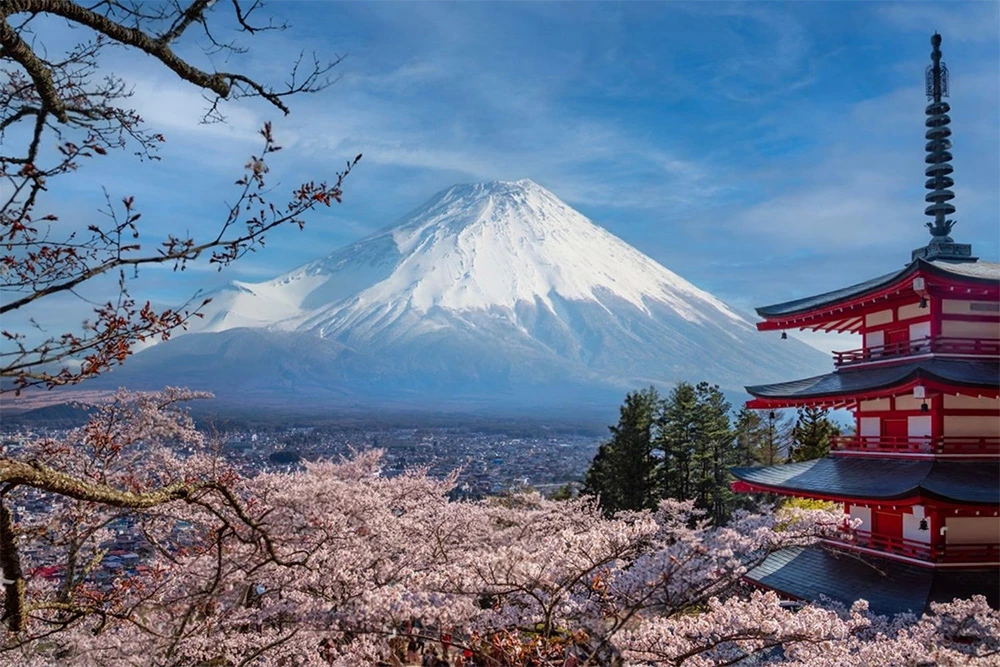
Konbini, the little chapels of everyday Japanese kindness
Funny how a corner shop can feel like a promise. On a quiet street, bright doors slide open and the cool air and soft hum of refrigerators meet you, steadying your shoulders. In Tokyo, konbini glow like a lighthouse at the end of the block: you arrive with a small need, and leave feeling looked after.
The shelves whisper the seasons sakura sweets in spring, chilled citrus jelly in summer, roasted sweet potato and hot corn soup when the nights turn sharp. I love how manga spines lean like familiar faces, how a ticket machine can hand you entry to a concert you’d almost forgotten about, how a ribboned gift appears at the counter as if it had been waiting for you. There’s that gentle “irasshaimase,” the bills returned aligned, a perfectly taped bag; the kind of attentiveness that feels borrowed from another era.
Open at any hour, these places make time feel kinder. The surprise isn’t that you can get everything it’s that everything is offered with care, as if convenience and consideration were never meant to be separate. I remember thinking, somewhere between a warm oden broth and a midnight chocolate bar, that this is how a city says you’re not alone. It’s not just a store; it’s part of the social fabric, the everyday grace that holds life together.
When ancient floats shake the quiet awake
I remember the first drumbeat rippling down a sleepy lane, and then the float rounded the corner – lacquer gleaming, paper lanterns swaying, a carved phoenix riding the night. Teams of men in white festival loincloths moved as one, their shouts mixing with the clack of wooden wheels and the warm smell of cedar. For a moment the little street felt taller, like the town had stretched up to meet its own story.
Someone beside me said their family has built that float for generations, great‑grandfathers teaching careful hands to the young, year after year. I loved that – the way history isn’t a museum but a living pageant with splinters and sweat, patched silk and fresh gold leaf. In Takayama, they speak the float’s name with the same softness they use for grandparents, and you can feel the pride in the ropes during matsuri nights.
What surprised me most was how quickly quiet gives way to laughter and drums. The lanes that whisper on ordinary afternoons suddenly fill with voices, and it doesn’t feel like disruption – it feels welcoming, like everyone is invited all at once. I walked away thinking every place deserves a night like that, when the old stories climb onto our shoulders and the whole street says yes.
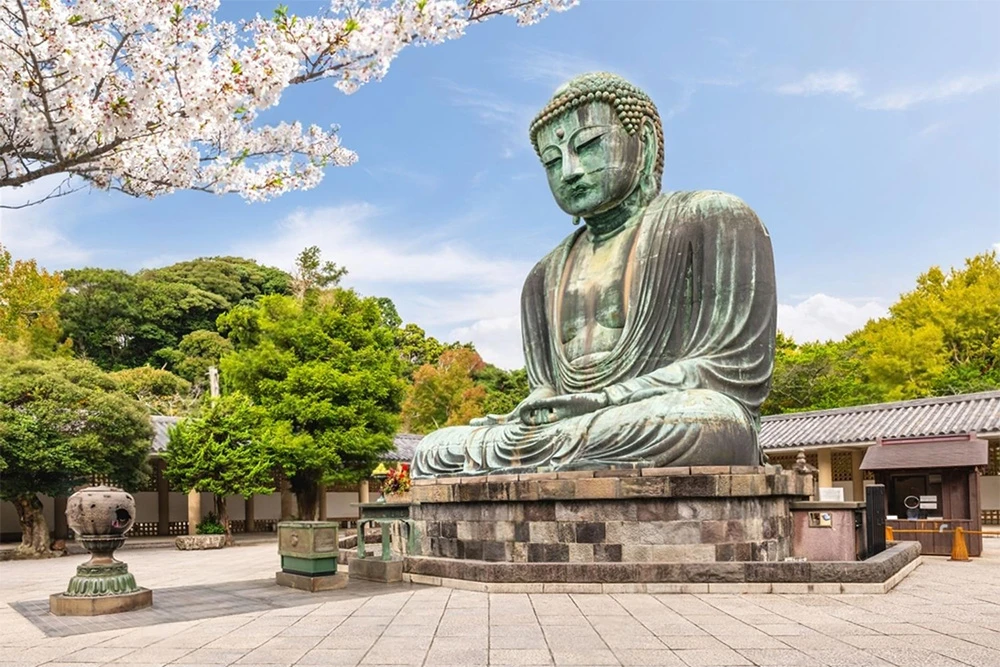
Futuristic comfort in Japan’s tiny capsule rooms
I didn’t expect calm to feel so high-tech. Inside the capsule, the world narrows to a soft lit rectangle: a crisp sheet that smells faintly of soap, a panel of buttons with a gentle glow, the hush of a tiny fan. Sliding the screen closed, I had that giddy feeling of boarding a spaceship private, weightless, everything you need within an arm’s reach.
In Tokyo, where space is treated like a precious art, this little pod felt less like a compromise and more like a kindness. I remember the soft rustle of neighbors settling in, the respectful quiet, the way the light dimmed to a warm amber as if the room understood bedtime. It isn’t cramped; it’s edited an efficient sanctuary that steadies you before tomorrow’s rush, proof that comfort can fit into the smallest space.
Sakura That Bloom White, Yellow, and Quietly Green
I used to think sakura meant one color storybook pink. Then in Hokkaido, the petals surprised me: milky white, butter yellow, even a shy green like new tea in sunlight. The air smelled of thawed earth and snowmelt, and the groves were so quiet that a bird’s wing felt loud. I remember feeling both delighted and a little humbled, as if these trees had been keeping a gentle secret right in plain view.
What moved me wasn’t the rarity so much as the tenderness of it all a celebration that doesn’t need to raise its voice. Those pale shades carried the calm of a long winter and the patience of a place that lets spring arrive in its own time. Most travelers rush past, but here the season beats softly, the heartbeat of spring steady and kind, and somehow the world feels bigger when blossoms come in more than one hue.
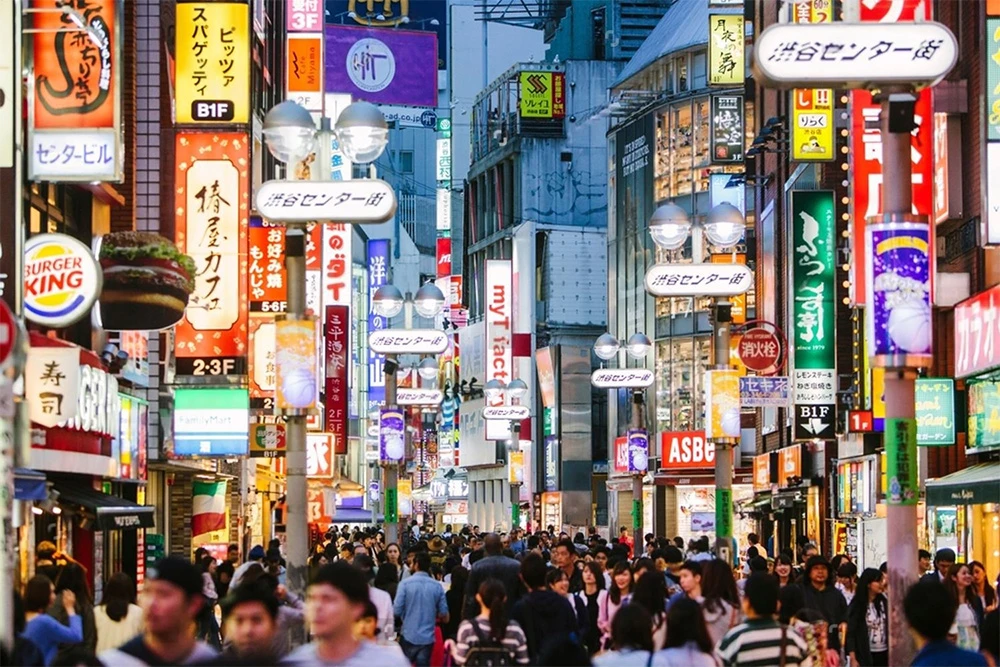
A sumo sized hot pot shared in Ryogoku pubs
I didn’t expect a wrestler’s meal to feel so gentle. The same chanko nabe that helps wrestlers pack on weight for the ring arrives at your table too no spectacle, just a bubbling pot in a snug little pub. In Ryogoku, it’s everyday food: chicken and cabbage, tofu and mushrooms settling into savory broth, with steam rising in slow curls. I remember that first sip; the broth tasted like a quiet, steady hug.
What surprised me most was how ordinary and warm it felt. You might glance up and realize the guy at the next table, laughing softly with friends, is a star of the dohyo, and the room just makes space for him, the same as it does for you. That’s the charm here: an easy blend of strength and comfort, a shared pot becoming a small hearth everyone can gather around.
Ancient stories whispered through stillness and masks
I remember the first hush that settled over the cypress stage, the air scented faintly of wood and something sweet, like old incense. A drum thudded once, then waited; the flute sent a thin ribbon of sound across the room. The silence felt like a lake you could fall into. When the masked figure leaned a fraction, I felt the whole room lean with it.
It’s wild how almost no words can say so much. A tilt of the jaw, the sweep of a sleeve, and suddenly sorrow grows enormous, then softens into grace. In Kyoto, it felt like the space between sounds carried as much meaning as the sounds themselves, as if patience were a language and restraint a kind of kindness. The mask became a small moon, shifting ever so slightly to pull different tides of feeling.
Even later, the streetlights outside seemed gentler, like the world had exhaled. Noh doesn’t chase you; it invites you to become quiet enough to meet it halfway. That night taught me that some stories don’t need volume to be heard just a steady heartbeat, a slow breath, and a willingness to listen to the centuries humming underneath.
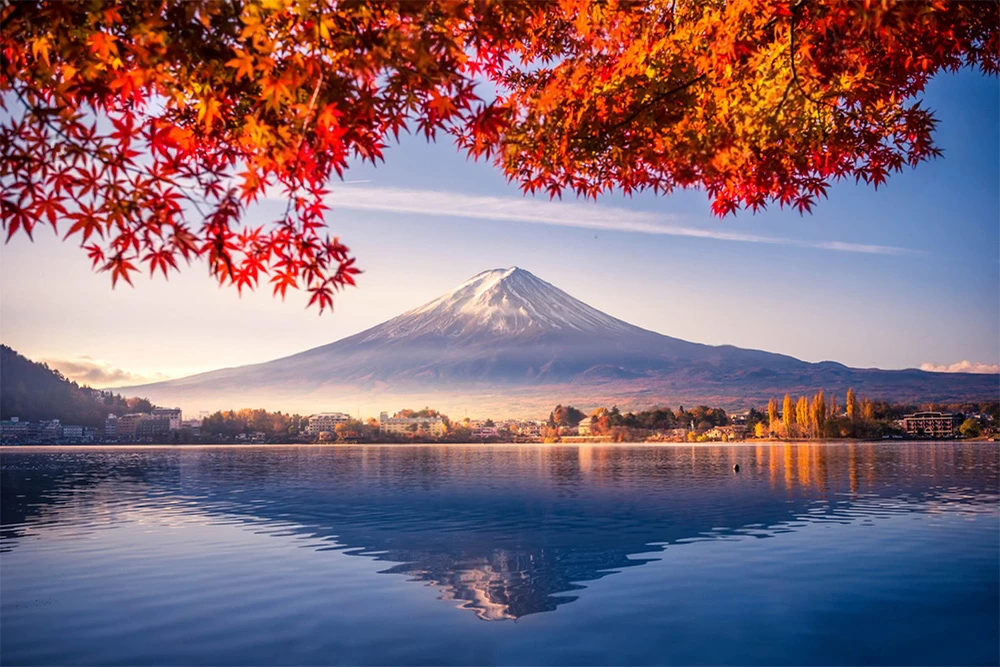
Glowing rivers welcome ancestors back during Obon
There’s a hush when the first lantern blooms, like summer holding its breath. You can smell the faint sweetness of incense and hear the cicadas fussing, while doorways glow with paper light. Families come together and set out those small suns so loved ones can find their way, if only for an evening’s gentle reunion.
In Kyoto, I remember standing by the water as tiny lamps drifted past, quiet constellations set afloat. People spoke in low voices, not out of fear but tenderness, like you do when someone you’ve missed finally sits beside you again. The night felt full, as if the air itself had pulled up a chair.
What moves me most is how it stretches everywhere at once from balconies in the city to little harbors on far off islands this shared promise to keep a light on. The lanterns make an invisible community briefly visible, a soft bridge of memory between the living and the loved. For a moment, you feel less alone, carried by the same glow as everyone else.
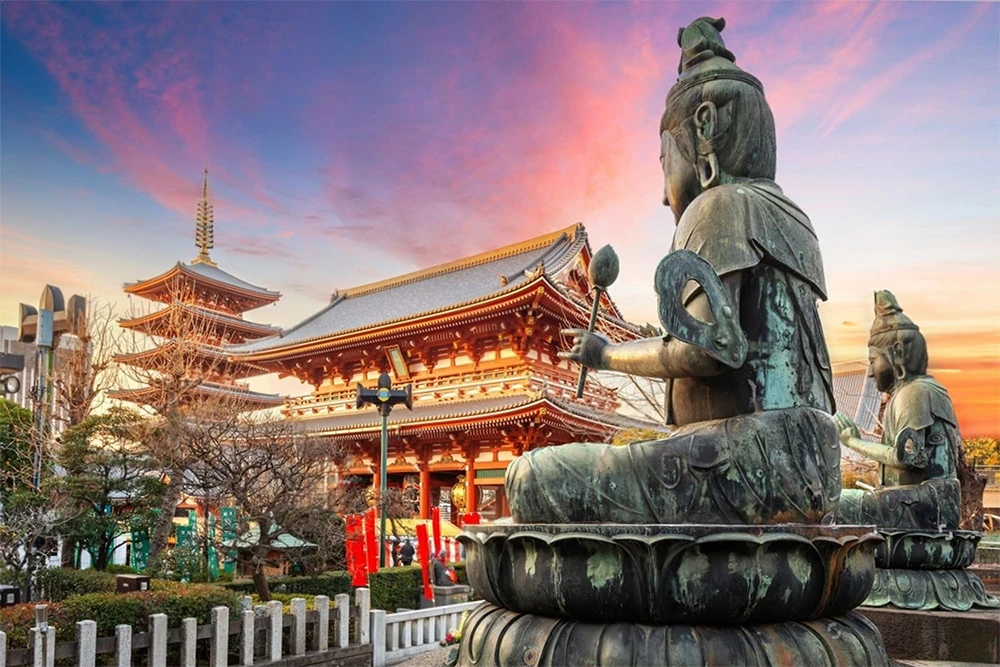
Where the Mountains Keep Most of the Map
It still surprises me how quickly the pavement gives way to cedar and fern. One minute you’re walking past bright signs, the next you’re under a cool green hush where the air smells like rain and old wood. I remember standing there and feeling my shoulders drop, as if the forest had turned the volume down on the day.
Hidden trails thread through that shade faint lines you only notice when your eyes adjust. Follow them and you find waterfalls that mist your face and swallow your thoughts, the chatter of wild monkeys skimming the treetops, and small shrines tucked into the slope, their steps softened by moss, their silence steady and kind.
Knowing that most of Japan is forest and mountains makes the cities feel like little harbors, bright but brief. Venture a step beyond the guidebook and the country opens quietly: patient trees, cold streams, earth that springs back under your feet. It’s a reminder that the wild isn’t the outskirts here it’s the center, waiting as calmly as a held breath.
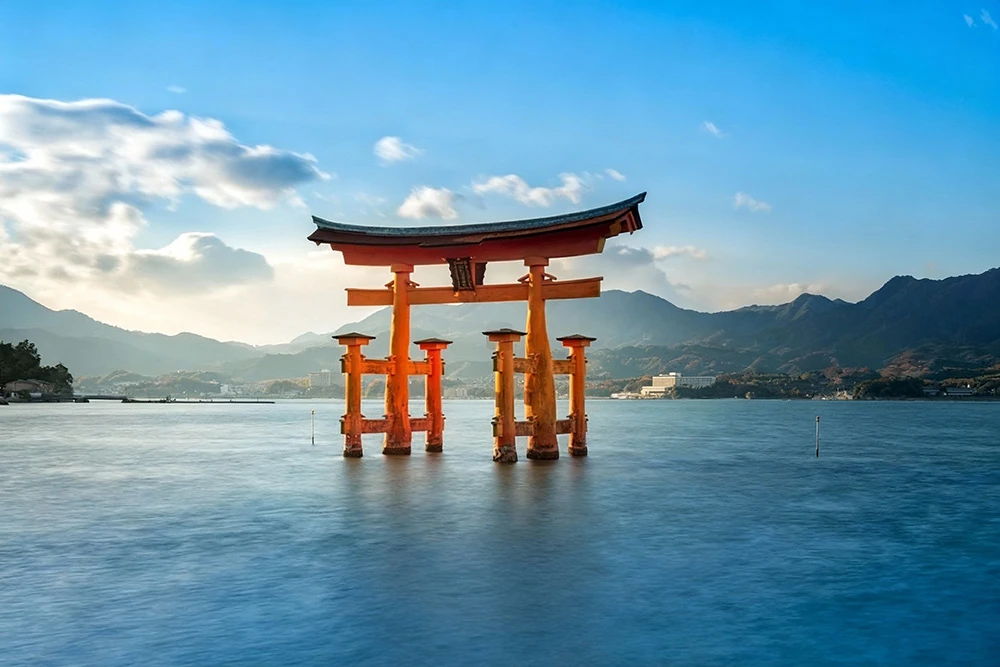
The quiet superpower of reading the air
At first, I kept missing it the faint tilt of a head, the kind smile that lands a fraction early, a pause stretching like a silk thread. In Tokyo, even the soft chime at the station and the clink of cups in a tiny cafe seemed to whisper, wait, listen. A raised eyebrow said more than a paragraph. A gentle pause said, we understand.
People call it “kuuki wo yomu,” reading the air, and once you notice it, the whole room becomes legible. Back home, I’d rush to fill silence; here, silence felt like trust. It’s not secrecy, just a careful way of making room for each other like tuning a radio until the static fades and the right frequency appears.
The beauty is how kind it feels. No one forces a confession; they meet you halfway with what’s unsaid. I remember walking out into cool night air feeling oddly lighter, as if I’d been heard without speaking. In that quiet superpower, you realize the city teaches you to pay attention, and suddenly the small things an echo of laughter, the way someone looks down to offer you the last bite say exactly what you needed to hear.
Born Already One, Older on New Year’s Day
It still makes me smile the idea that the moment you’re born, you’re already one. Once, on a wind bright New Year’s Eve in Japan, a friend told me how it used to work: at midnight, the whole country stepped into another age together. Temple bells rolled through the cold like slow waves, and for a second it felt like time belonged to everyone at once, not tucked into our separate calendars.
There’s something tender in that math. Your first breath counted as part of a shared year, as if life begins mid song and the rest of us already know the melody. These days, birthdays have their own dates and cakes, but the old system still lingers in the air a reminder that age can be less about numbers and more about belonging, about turning the page together when the night is crisp and hopeful.
The best fireworks glow from the quiet backstreets
I remember the hum of cicadas and a warm, sauce sweet breeze when the first boom drifted over the rooftops. Not at the crowded banks, but around a sleepy corner where laundry lines crisscrossed the sky, bursts of color unfurled like spilled paint.
Along the Sumida River in Tokyo, everyone expects to sit shoulder to shoulder by the water, yet locals whisper that the real magic is one block back. From there you hear kids counting the pops, a radio crackling from a tiny shop, the soft buzz of a vending machine, a curl of yakitori smoke threading the air. It feels as if the city opens like a paper fan, one gentle rib at a time.
What surprised me most was how intimate a city wide celebration can feel: neighbors leaning on railings, strangers trading small smiles across alleyways, a cat slipping between parked bikes while the sky keeps blooming. The biggest moments arrive softly here, and somehow they feel personal when you find them from the quiet side.
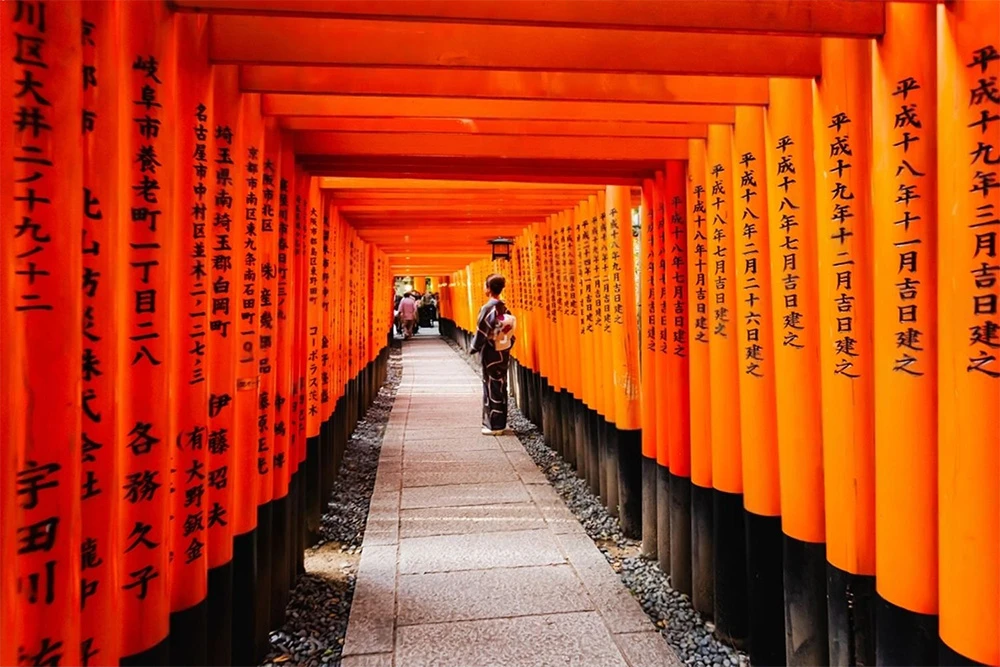
Final thought
Hidden stories, small details, and quiet human moments show a truer side, like a lantern quietly glowing at dusk. In those small places, Japan simply feels unhurried and sincere. May we keep that feeling and keep looking closer, hopeful and inspired.





